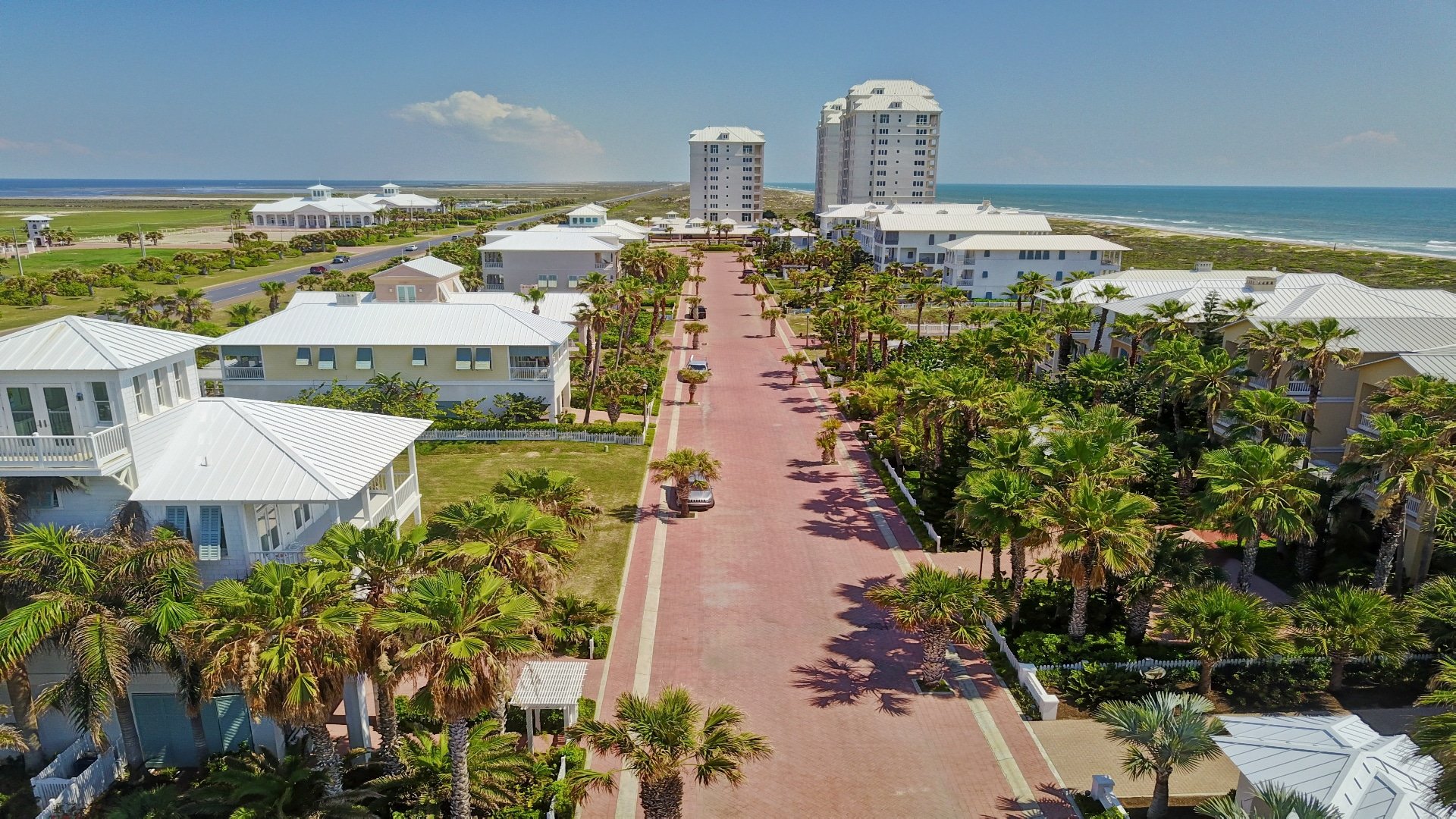
Yet another decommissioned “supercarrier” is coming to the Port of Brownsville for scrapping, and it’s the biggest one yet.
In fact, the dismantling of the former aircraft carrier USS Constellation by International Shipbreaking Ltd. will be the largest ship-recycling job to take place in the United States.
Until the Constellation contract, the former USS Forrestal and the former USS Saratoga were the largest ships slated for salvaging by a U.S. ship breaker. The Forrestal arrived in Brownsville to much fanfare in February after being towed from Philadelphia, and is now being dismantled by All Star Metals.
The Saratoga, decommissioned in 1994, is expected to depart under tow from Naval Air Station at Newport, Rhode Island, this summer and will be recycled by ESCO Marine at the Port of Brownsville.
Construction began on the Constellation, the second of the Kitty Hawk-class of carriers, in 1957 at New York Naval Shipyard in Brooklyn. It was commissioned in October 1961. The vessel was decommissioned in August 2003 at the Naval Air Station North Island in San Diego, then towed to the inactive ship facility at Bremerton, Wash.
International Shipbreaking is expected to begin towing the 62,000-ton carrier — nicknamed “Connie” — from Washington in late summer.
Unlike the Navy’s contracts for the Forrestal and the Saratoga, in which each ship breaker received the symbolic sum of $0.01, the Navy is paying International Shipbreakers $3 million to take apart the Constellation.
Robert Berry, vice president of the company, said that’s because the towing distance is much longer — all the way down around the Horn of South America and up the other side — compared to the other two carriers.
Berry said the trip would take 110 to 125 days and guessed that the Constellation could dock in Brownsville sometime in December. In contrast, the Forrestal took only two weeks to get here from Philadelphia.
Berry said the company had just won the contract and was preparing to visit the ship soon to determine what will be required in terms of rigging and other matters related to towing.
“We’ll probably have some information to release as we get moving here,” Berry said.
The Constellation job will take roughly two years to complete, he said, while declining to estimate how much money the company expects to make from the salvaged metal. The steel salvaged from the ship may go to mills in Texas, Mexico or elsewhere around the world, depending on demand, he said.
“We don’t know,” Berry said. “The market changes month to month.”
The recent spike in large vessels coming to the port for dismantling has led, naturally, to a boost in hiring of workers good with a cutting torch. Fortunately, such people aren’t hard to come by in Brownsville, Berry said.
“There are quite a few experienced people,” he said. “We’ve been doing this in the area since the mid- to late ‘60s. A lot of people have gotten experience at it over the years.”
Berry said the Navy prefers to work with more than one recycling company, which is why it has contracts with three ship breakers at the port. And with plenty of other decommissioned carriers awaiting the scrapper’s torch, the sight of rusty, fading giants gliding down the Brownsville Ship Channel on the last leg of their final voyage could become increasingly common.
Now that initial recycling contracts have been awarded to each of the three ship breakers, the Navy said it’s in a position to award additional contracts for scrapping non-nuclear-powered carriers over a five-year period, with All Star, ESCO and International Shipbreaking competing against each other for the work.
After the Constellation is dismantled, the Navy will have four conventionally powered carriers left: the Kitty Hawk, the Independence and the Ranger, all at Bremerton; and the John F. Kennedy, moored in Philadelphia.
While the Kitty Hawk is being kept in reserve and the John F. Kennedy available for donation as a museum/memorial, the Independence and the Ranger are designated for scrapping.
“They’ll be more carriers coming,” Berry said.
Still, even if they do become a more common sight in Brownsville, he thinks their arrival will continue to be a pretty big deal — filled with history and loved by their former crews as they are.
“These carriers are pretty special,” Berry said.




